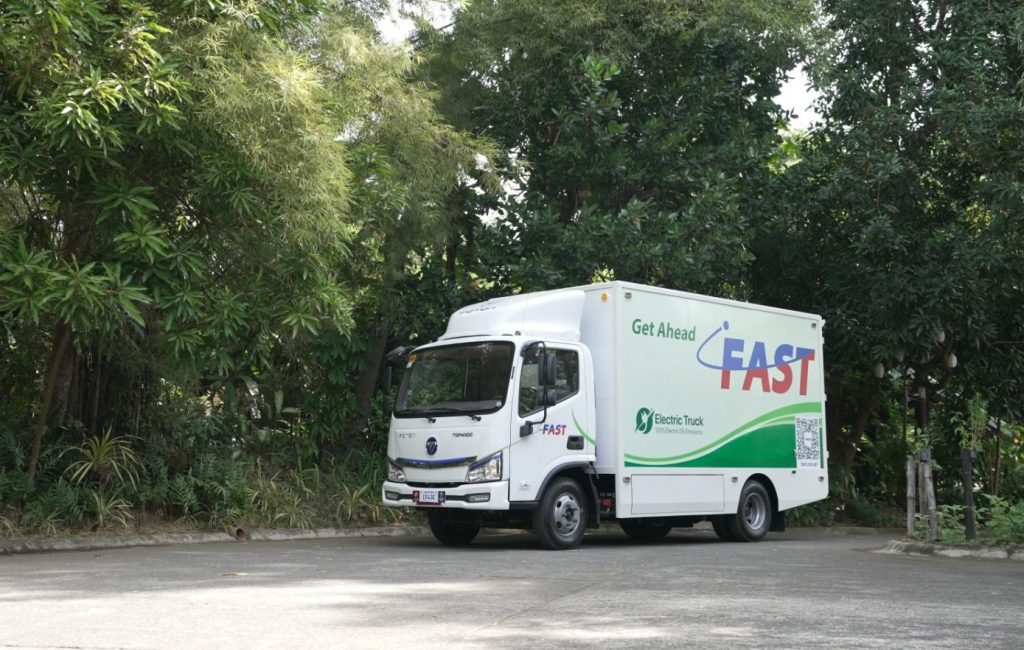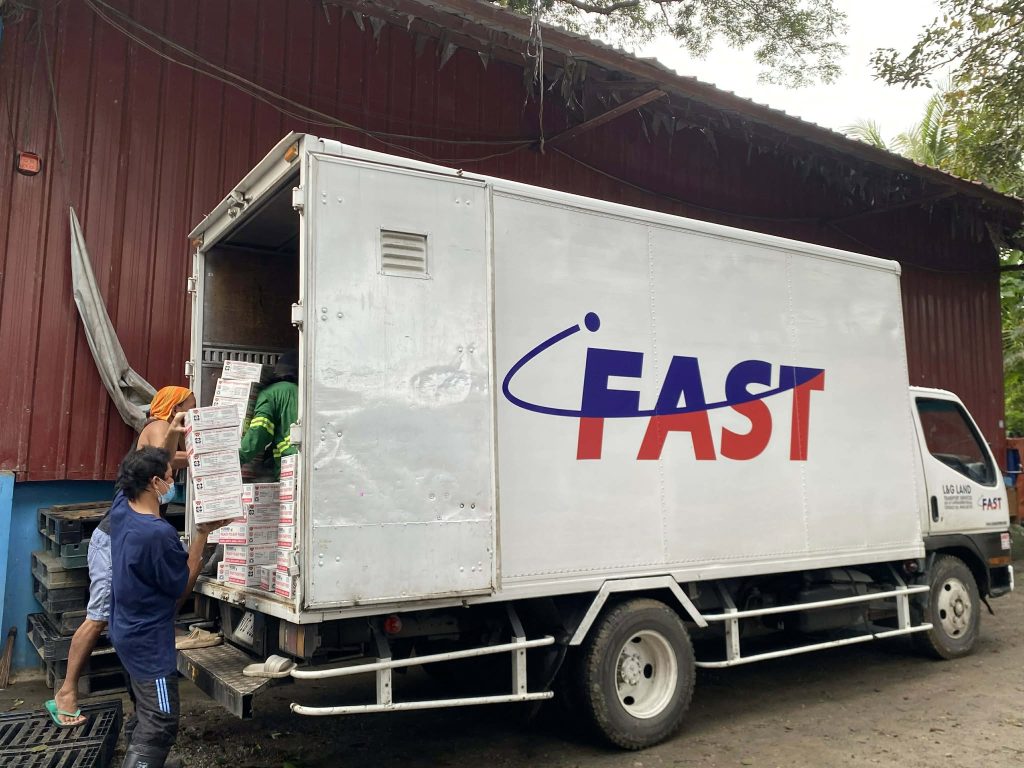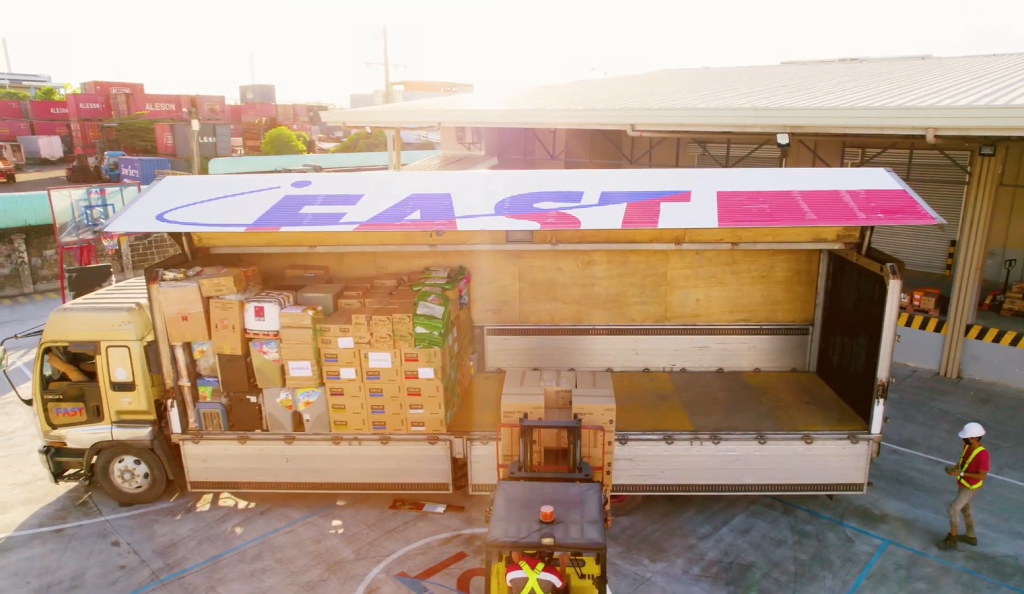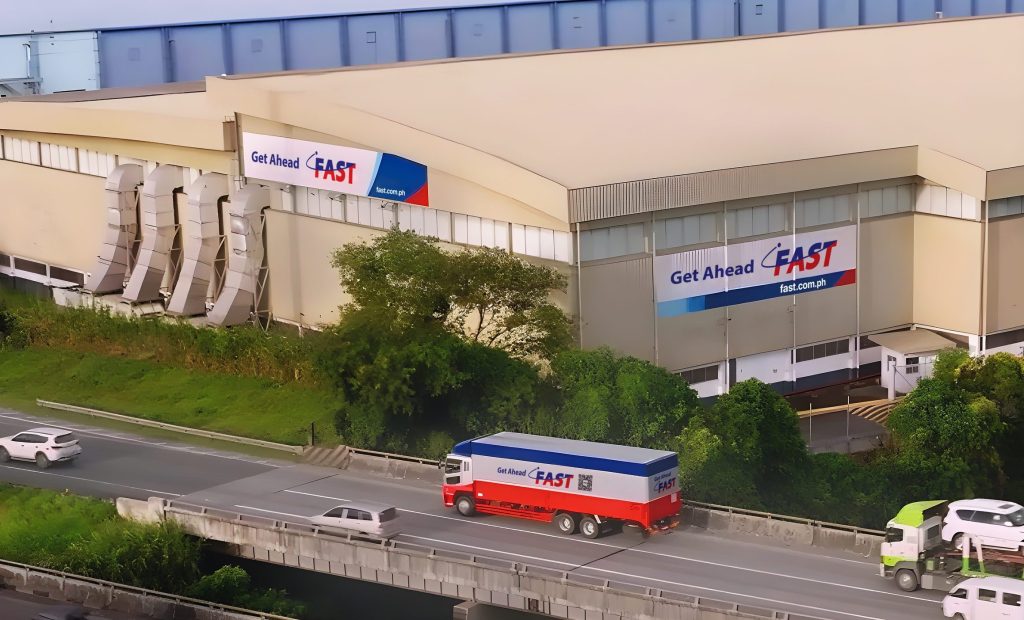
Pharmaceutical logistics in the Philippines operates within one of the most complex supply chain environments in the region. High costs, strict regulatory requirements, and logistical hurdles put the timely and safe delivery of medicines at risk.
Delays in medicine delivery in the Philippines can cost lives, yet the country’s fragmented geography and limited infrastructure make pharmaceutical logistics one of the toughest in Southeast Asia. Unlike fast-moving consumer goods (FMCG) or other commodities, pharmaceuticals require careful handling, storage, and transportation up to hospitals, retail outlets, dispensing doctors, or directly to patients, each requiring different approaches.
Unfortunately, various supply chain obstacles hinder efforts to improve access to life-saving medicines and strengthen the nation’s healthcare infrastructure. FAST Logistics Group, a trusted logistics partner for pharmaceutical companies in the Philippines, outlines the common challenges in pharmaceutical logistics below and offers insights on how to overcome them.
Geographic Complexity
The country is made up of over 7,000 islands, making deliveries inherently complex. Pharmaceutical logistics in the Philippines thus requires a multi-modal transportation approach, combining inland trucking, air freight, and sea freight. Air freight is often preferred for its speed, while sea freight or roll-on/roll-off (RoRo) shipping offers cost-effective alternatives, albeit with longer lead times. Less-than-container load (LCL) shipments or less-than-truckload (LTL) are particularly challenging to handle since these are mostly consolidated with other healthcare supplies for cost-efficiency, which requires careful planning to ensure timely delivery.
Solution insights: Combining multiple transport modes and prioritizing high-demand routes can reduce delays. Forward planning, including reserving Block Space Allocation (BSA) with airlines, ensures cargo capacity is available for critical shipments, though it adds to operational costs. A logistics partner or freight forwarder, such as FAST, bears the cost of BSA to ensure that pharmaceutical companies can access air freight solutions.
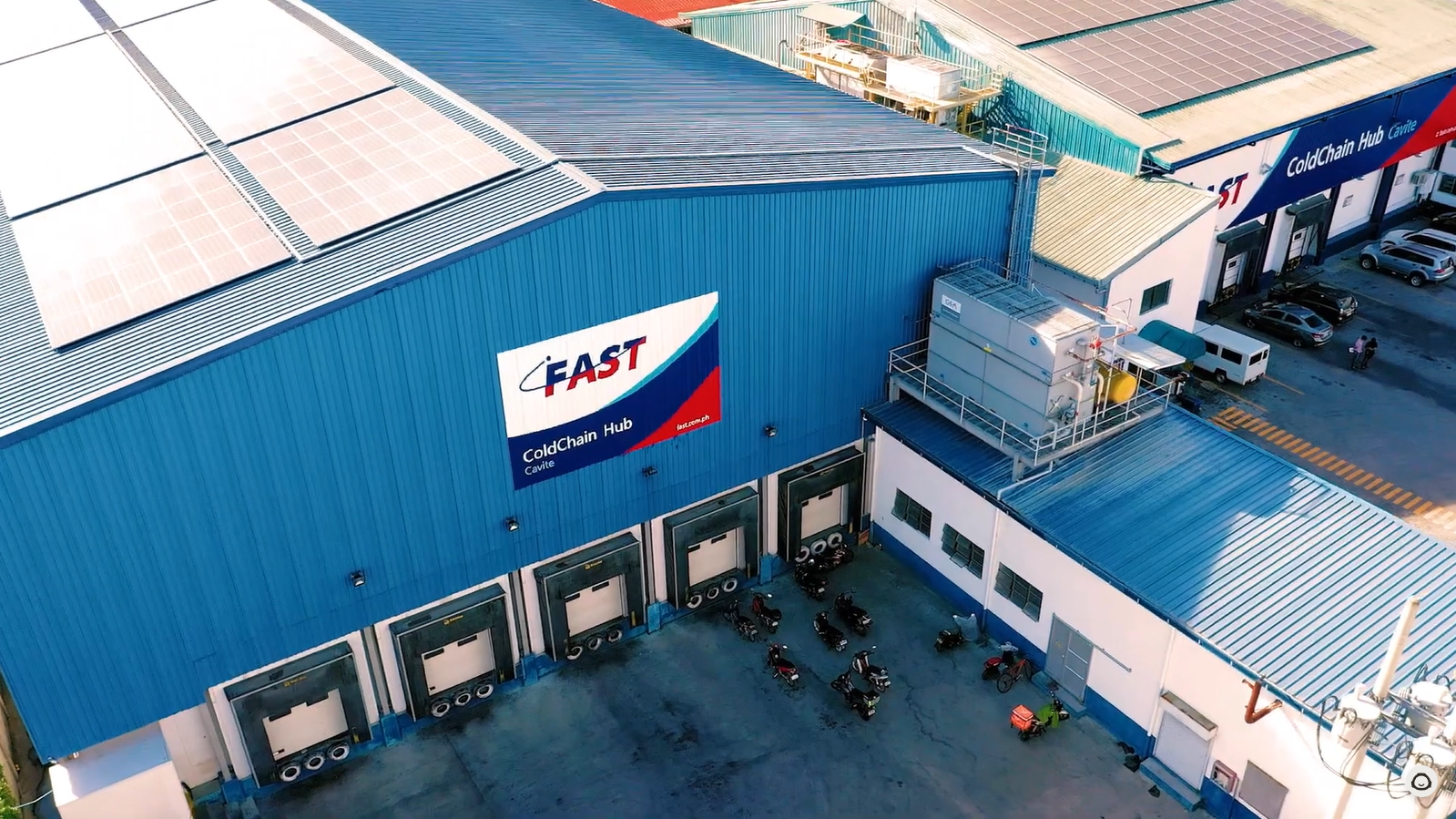
Infrastructure and Transportation Challenges
Many areas, particularly rural ones, lack the necessary infrastructure for efficient and reliable logistics. Roads, bridges, and power sources for cold storage are often insufficient. During typhoons, port congestion can disrupt sea freight, while air freight operations may also be delayed due to weather-related disruptions. These factors make lead times unpredictable and add significant logistical complexity.
Solution insights: Using route optimization software, establishing regional warehouses, scheduling deliveries outside peak traffic hours, and having standby stocks can help mitigate these challenges. Multi-modal logistics planning also ensures alternative routes are ready during extreme weather events. FAST utilizes multi-modal approaches to deliver the goods of its customers, depending on their budget and business requirements.
Traffic Congestion
Major urban centers often experience severe traffic congestion, leading to delays and unpredictable delivery times. A study by the Japan International Cooperation Agency found that the Philippine economy is losing P3.5 billion per day or P1.27 trillion per year due to heavy traffic in Metro Manila. For time-sensitive medications, delays can have serious consequences.
Solution insights: Leverage digital tools, such as Transport Management Systems with AI-powered truckload planning and route optimization features, to increase efficiency. Pharmaceutical companies should also plan ahead in terms of stockpiling and inventory optimization to ensure sufficient stock when needed. In addition, partnering with multiple logistics providers across different geographic regions can help in finding the best transport modes.
Extreme Weather and Supply Chain Disruptions
The Philippines frequently faces typhoons and other natural disasters, which can disrupt transportation routes, damage infrastructure, and threaten supply chain continuity. This unpredictability adds costs, particularly for life-saving medicines that require same-day or urgent delivery.
Solutions insights: Logistics providers can mitigate these risks by developing contingency plans, using alternative transport routes, and leveraging multi-modal solutions such as inland trucking, air freight, sea freight, and RoRo shipping. Real-time tracking and advanced weather monitoring also help anticipate disruptions and ensure timely deliveries despite adverse conditions.
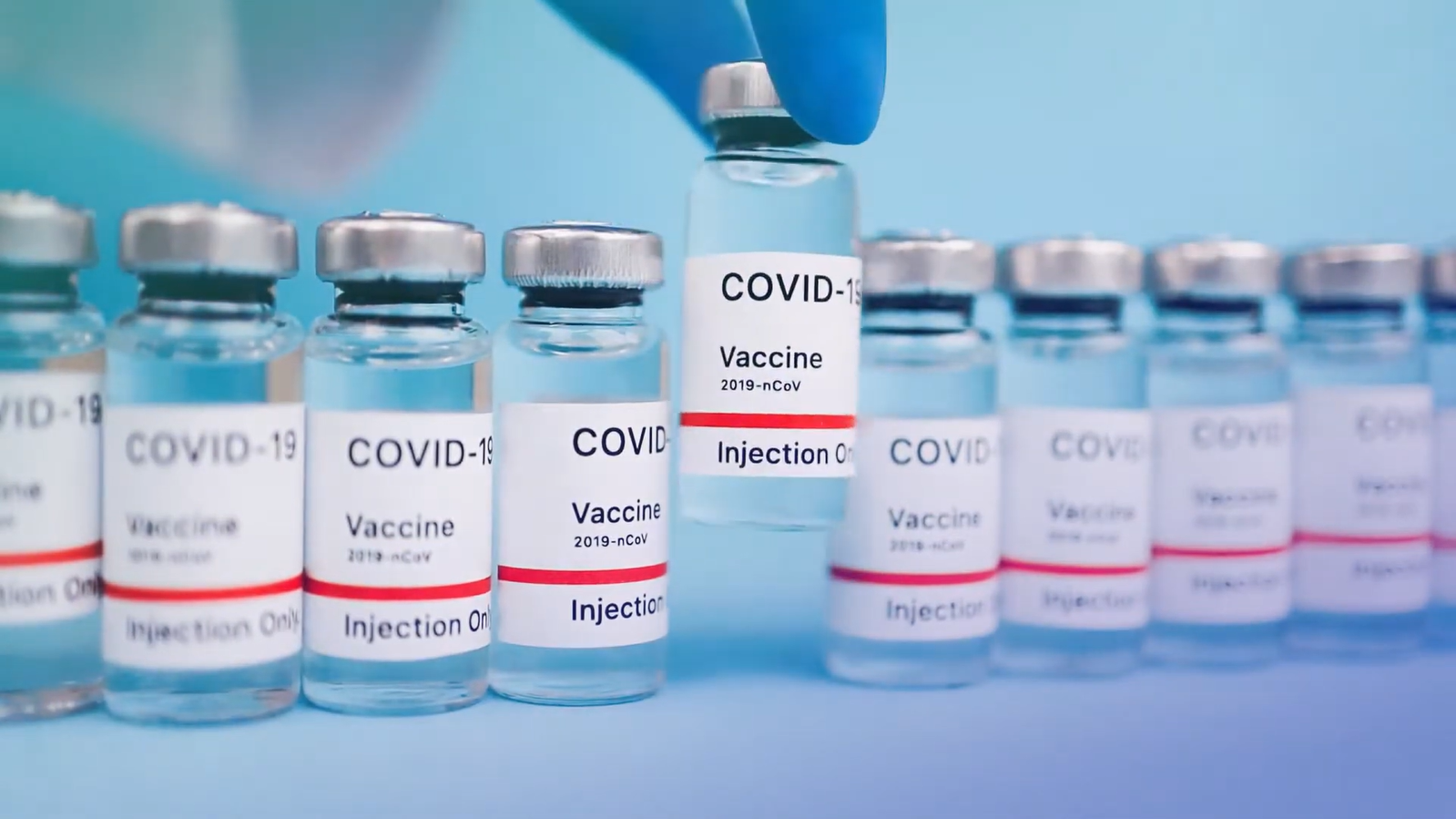
Temperature Control
Temperature-sensitive products, such as vaccines and biologics, must be kept within strict temperature ranges throughout transport. Even minor deviations can compromise product integrity. Logistics providers must use insulated packaging, ice gels, data loggers, and continuous temperature monitoring. Proper handling requires skilled personnel trained in cold-chain protocols and emergency response measures.
Solution insights: Investing in cold chain technology and personnel training ensures product safety from point-of-origin to end-user delivery. Real-time temperature monitoring can reduce spoilage and enhance compliance with regulatory standards. FAST provides Intelligent ColdChain Solutions to deliver integrated and flexible ColdChain solutions to cater to our clients’ diverse needs. FAST has a Cold Storage Facility in Imus, Cavite and Tayud, Consolacion to support the temperature-controlled storage requirements in Luzon and Visayas. It also offers refrigerated transport to ensure the potency and integrity of medicines.
Rising Logistics Costs
Pharmaceutical logistics in the Philippines incurs higher costs due to specialized equipment and handling, temperature control measures, and complex routing. Peak season surcharges and Block Space Allocation (BSA) agreements with airlines further increase expenses. Large pharmaceutical companies are generally willing to pay premium rates for guaranteed service, while smaller companies often rely on a just-in-time delivery model to reduce storage costs. While it is cost-efficient, it makes smaller companies vulnerable to supply chain disruptions.
Solution insights: Strategic inventory management, including forward stocking in key regions, combined with multi-modal transportation, can reduce costs and ensure service reliability even during peak periods or supply chain disruptions.
Last-Mile Delivery
Last-mile delivery is particularly difficult in the Philippines due to geographic and infrastructural challenges. Same-day delivery is possible in Metro Manila, while Visayas and Mindanao typically require next-day delivery, though same-day options exist in certain cases. On-demand courier services can help, but they add to operational costs.
Solution insights: Advanced planning, route optimization, and local courier partnerships can improve last-mile efficiency while maintaining product safety. For temperature-sensitive items, dedicated cold-chain last-mile delivery is critical.
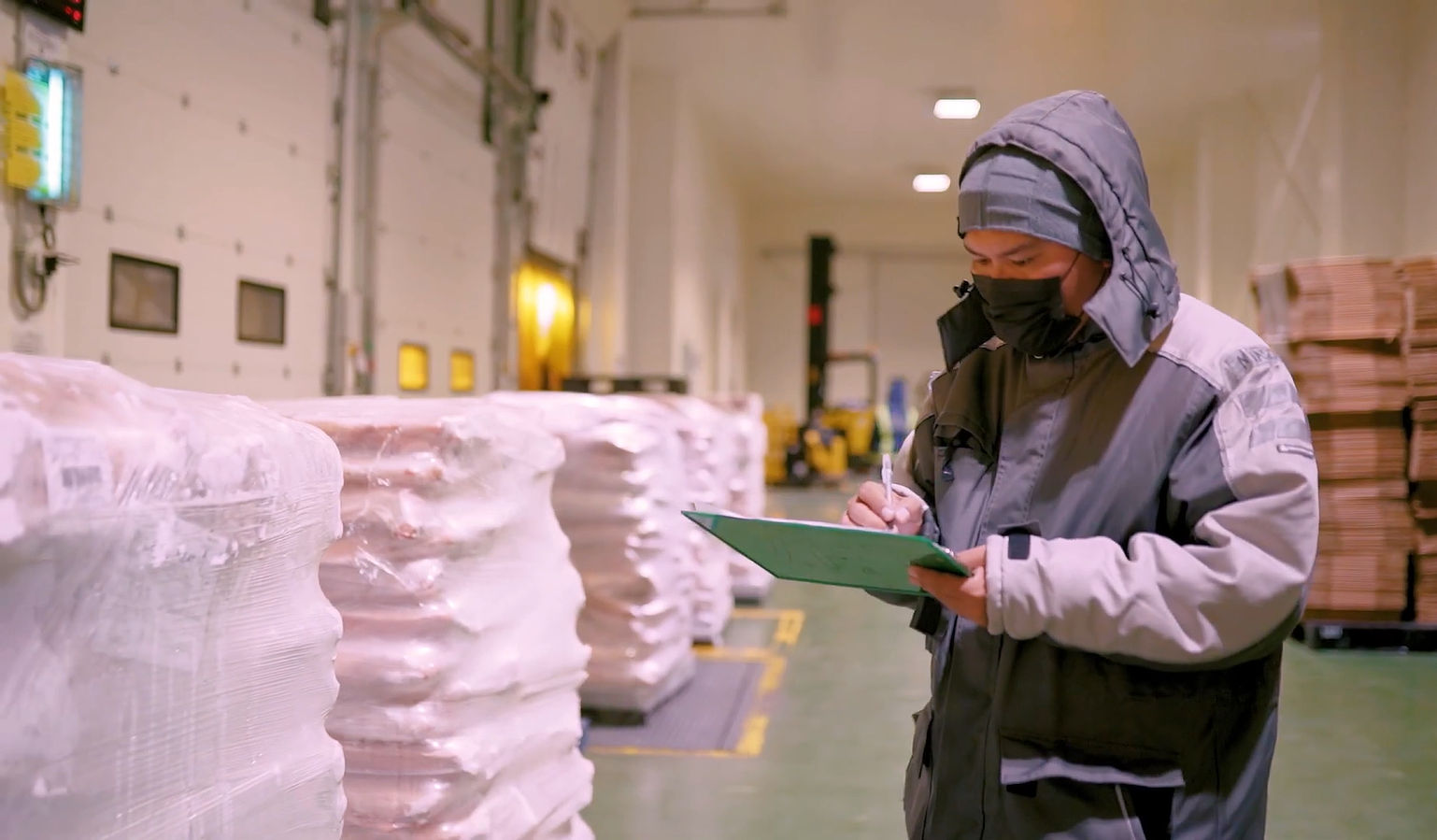
Personnel Training and Manpower Capability
Properly trained personnel are essential for handling sensitive pharmaceutical products, maintaining cold chain integrity, and ensuring regulatory compliance. This includes skills such as ice-repacking, proper handling, and monitoring of temperature-sensitive shipments.
Solution insights: Continuous training programs for logistics staff, combined with clear operational protocols, ensure consistent quality and compliance in pharmaceutical deliveries.
Why Medicines Are Expensive in the Philippines
Medicines in the Philippines are significantly more expensive than in neighboring countries. For example, a common paracetamol brand costs nearly P5 per tablet locally, compared to less than P1 in Indonesia, despite being made by the same manufacturer. Overall, the Philippines ranks second in Southeast Asia for medicine prices, according to a 2019 Mercer Marsh Benefits report.
Several factors contribute to high medicine prices in the Philippines, including the country’s fragmented geography, which drives up logistics and distribution costs. Import taxes and manufacturing expenses further increase costs. Inefficiencies in supply chain management, such as transport delays or inadequate storage, also lead to wastage and higher operational expenses that are passed on to consumers.
In an effort to control the prices of goods, the Philippine government has enacted the Cheaper Medicines Act or Republic Act 9502 and Executive Orders 104 (2020) and 155 (2021), aimed at imposing price caps on essential drugs.
FAST Logistics Group: Trusted Provider of Pharmaceutical Logistics in the Philippines
Pharmaceutical logistics in the Philippines faces a combination of geographic, infrastructural, regulatory, and operational challenges. Ensuring timely, safe, and cost-effective delivery requires multi-modal transport strategies, temperature-controlled handling, skilled personnel, and advanced planning. Pharmaceutical companies can greatly benefit from partnering with a trusted logistics solutions provider like FAST Logistics Group to efficiently manage their supply chain requirements. Having a provider that also serves as a strategic business resource will also benefit companies seeking to optimize their pharmaceutical logistics strategy.
With over 50 years of industry leadership, FAST Logistics Group provides end-to-end logistics solutions across land, air, and sea for companies in the pharmaceutical sector, FMCG, and other industries. FAST has long supported companies that deliver life-saving medicines, vaccines, antibiotics, vitamins, herbal supplements, healthcare equipment, and other wellness products by providing secure storage, careful handling, and reliable nationwide distribution. Through its multimodal transport network and last-mile delivery capabilities, FAST ensures that essential health products reach communities across Luzon, Visayas, and Mindanao safely, efficiently, and on time.
Connect with our Solutions Experts to learn how we can help optimize your pharmaceutical supply chain.
Categories
-

FAST Ahead
Includes case studies and testimonials of our partners as well as other featurettes from industry experts
-

FAST Hacks
We simplify logistics terms and provide practical tips and solutions for the DIY in you
-

FAST Highlights
Know more about our history, various brands, achievements, and news updates
-

FAST Moments
Get to know the people of FAST, our employee programs, as well as our various ways of giving back to the community
-
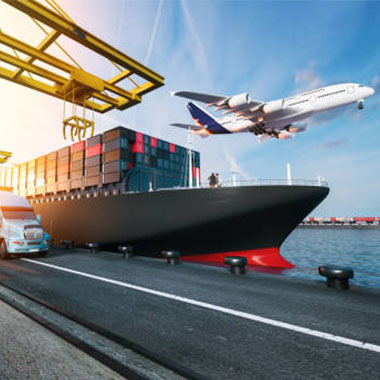
FAST Solutions
Learn more about the various logistics solutions that we cater to and offer our clients, as well as tech innovations, and service facilities
